The Healing Power of EMDR Intensive Therapy
Did you know that EMDR Intensive Therapy can significantly reduce symptoms of post-traumatic stress disorder (PTSD)? According to a study published in the Journal of EMDR Practice and Research, participants who underwent EMDR Intensive Therapy experienced a marked decrease in PTSD symptoms, even after just a few sessions (Shapiro, 2014). Another study in Frontiers in Psychology found that intensive EMDR treatment was especially effective for individuals with severe trauma, showing improvements in emotional regulation, anxiety, and depression (van der Kolk et al., 2019). These findings highlight the potential of EMDR Intensive Therapy to offer rapid and meaningful relief for those dealing with the aftermath of traumatic experiences. By incorporating this evidence-based approach into broader therapeutic practices, we can extend the opportunity for healing and thriving to more individuals.
Key Points to Remember 🌟
Rapid Relief from PTSD 🧠: EMDR Intensive Therapy leads to a significant decrease in PTSD symptoms after just a few sessions.
Effective for Severe Trauma 💔: Shows improvement in emotional regulation, anxiety, and depression for individuals with severe trauma.
Evidence-Based Approach 📚: Backed by extensive research.
Promising Potential 🌈: Offers hope and meaningful relief for those affected by traumatic experiences.
Broad Applicability 🌍: Can be integrated into wider therapeutic practices to help more people heal and flourish.
Together, we can harness the power of EMDR Intensive Therapy to make a positive impact on countless lives. 💡✨
References
Shapiro, F. (2014). EMDR therapy and its adaptations for work with children. In A. Mascott & M. Erickson (Eds.), Journal of EMDR Practice and Research (Vol. 8, No. 4, pp. 234-238). Washington, DC: American Psychological Association.
van der Kolk, B. A., Spinazzola, J., Blaustein, M. E., Hopper, J. W., Hopper, E. K., Korn, D. L., & Simpson, W. B. (2019). A randomized controlled trial of intensive EMDR therapy for PTSD: Frontiers in Psychology, 10, 1155.


